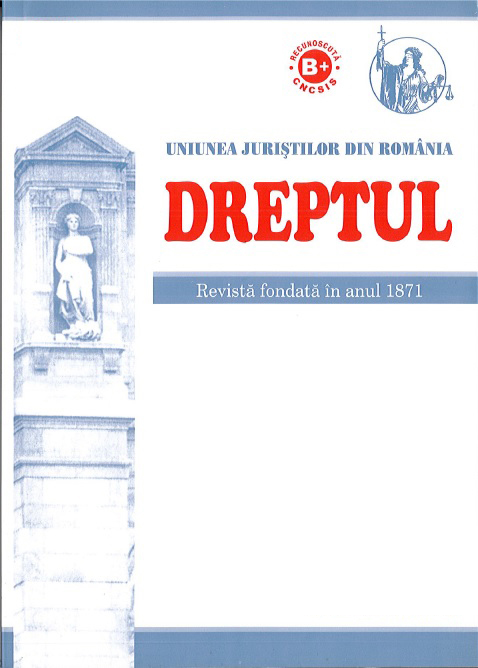The labour law – a branch and science of the Romanian law system – has come a long way to
the present days, when it fully manifests its specificity and autonomy that characterizes it. The
doctrine evokes a „labour contract” concluded according to rules of the Roman law. In the Middle
Ages, the Romanian principalities did not know regulations regarding legal labour relations. It was
only in the Civil Code of 1864 that there were established specific regulations of some civil contracts
which included some elements of some labour relations.
The appearance and development of the industry determined, at the end of the 19th century
and the beginning of the 20th century, the adoption of some legal norms aimed at the protection of
workers. The labour legislation was invigorated due to the rules of the International Labour
Organization, established in 1919. Our country, as a founding member, has ratified the essential
conventions of this organization in the interwar period, but also later, to the present days.
About a labour law, distinct, autonomous in Romania, one can speak only after the entry into
force of the Labour Code of 1950. The development of the Romanian society, its economic and
social level have also determined the evolution of the labour legislation and of the labour law, as it
will be shown in the elaborated study.
EVOLUȚIA LEGISLAȚIEI MUNCII ÎN SPAȚIUL ROMÂNESC
15.00lei


